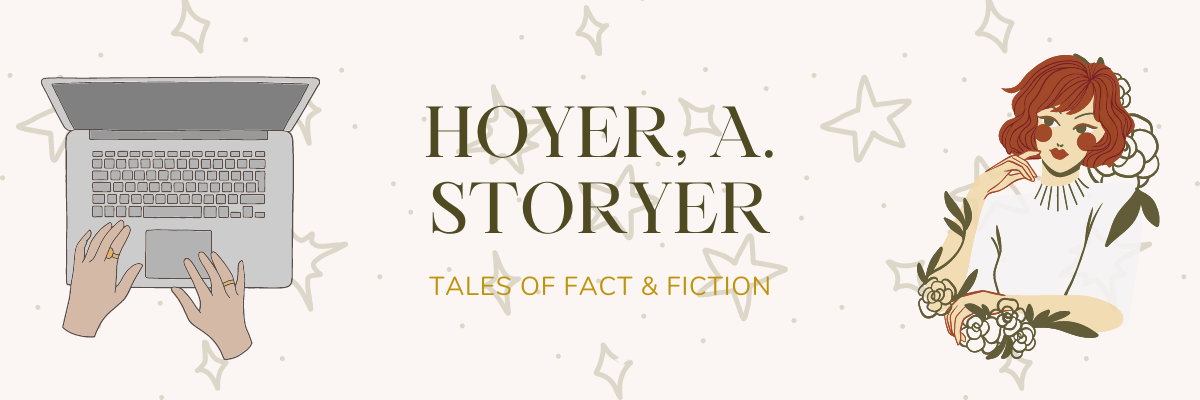It’s hard to remember, no matter our stage of life. We often forget things vital to us but create routines and habits to train ourselves to remember. Think of the stereotypical couple: it’s some important anniversary date, and someone’s forgotten.
You likely assumed it was one person or the other in the couple. Most people would think it was the man, but your own experience of being forgotten paints a personal portrait. I find myself forgotten, or at least feeling that way, the older I get.
It’s funny, because of the people I know who love me. Whether they show it or say it, or better still, do both, I know I’m loved. So why do I not feel important to people who love me? I’m left wondering if it’s a question of ego and pride.
After a couple of days’ reflection and introspection, I’d say it’s all about ego. Me feeling neglected or abandoned is a projection of my issues. And if I ever needed a reminder, the last few days’ events have genuinely shown the kindness and generosity of my community.
The Importance of Forgetting (And Being Forgotten)
I think one of the best and worst things we do is forgetting. It depends on why we forget; the why defines the artfulness. I want to start with forgetting myself, first of all.
I like forgetting myself sometimes. I think it’s why I like drinking and why I like to spend time with people who make me forget myself. Sometimes, it’s new people with new stories. Novelty is an excellent way for one to forget one’s self. I need to not remember who I am sometimes. It’s not that I don’t love myself, but getting out of my labyrinthine mind is best for everyone.
There’s too much going on inside my cluttered head for me not to need to forget. Sometimes, it’s my only break from regular internal disorders and anxious disarray.
There’s an art to forgetting because it’s not just about ourselves. It’s about everyone in our lives, too. If we can misplace old sins, hurts, and regrets, we’re seemingly reborn. And there’s something remarkable and priceless about that.
I think we need to misplace our faults and failings on occasion. Permanent forgetting (i.e., amnesia) isn’t an ideal pursuit. If we use forgetting as an escape, it’s a mockery of the art’s form. The art of the thing lies in the space of one breath to the next. It’s an effortless, seamless, organic thing-a thing when forced is no longer artful.
And forgiveness is something we all need and deserve to become our better selves-and to become higher versions of who we already are.
There’s a grace to forgetting, too. Perfect recollection may offer its gifts, but it would also come with many curses. We all naturally tend to forget precise detail. This makes it easier to forgive ourselves and others. And forgiveness is something we all need and deserve to become our better selves-and to become higher versions of who we already are.
But sometimes, the best part of forgetting is remembering. When you recall something long forgotten, you might retrieve some golden nugget of nostalgia. You may recall a first experience or sensation that fills you with warmth and delight.
You might recall hurts, too. Sometimes, this recollection may be entirely unbidden, and you think you’re better off forgetting.
Instead of rejecting unwanted regrets, guilts, and shame-reflect. I don’t mean to use past mistakes as a tool of masochistic machination. Rather, use them for introspection. Many people avoid looking inward. It’s certainly daunting, and if you malinger, it leads to feeling pretty miserable and melancholy.
Conversely, if we choose to work through our hurts as we recall them, they sting less in the future. The scars get smaller and are only stories on the bodies of our lives.
This is the true art of forgetting, not mere avoidance or nostalgic escapism. It’s the give and take of remembering-when we need it and when we want it.
As always, thanks for reading my blog! You’re interest and feedback are always welcome. If you want to say updated on my latest content, sign up for email reminders or follow my Facebook page.


One thought on “The Art of Forgetting”